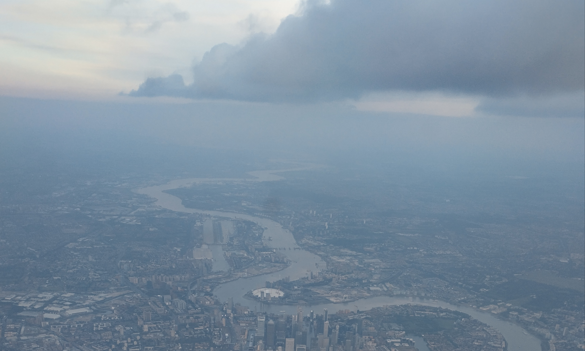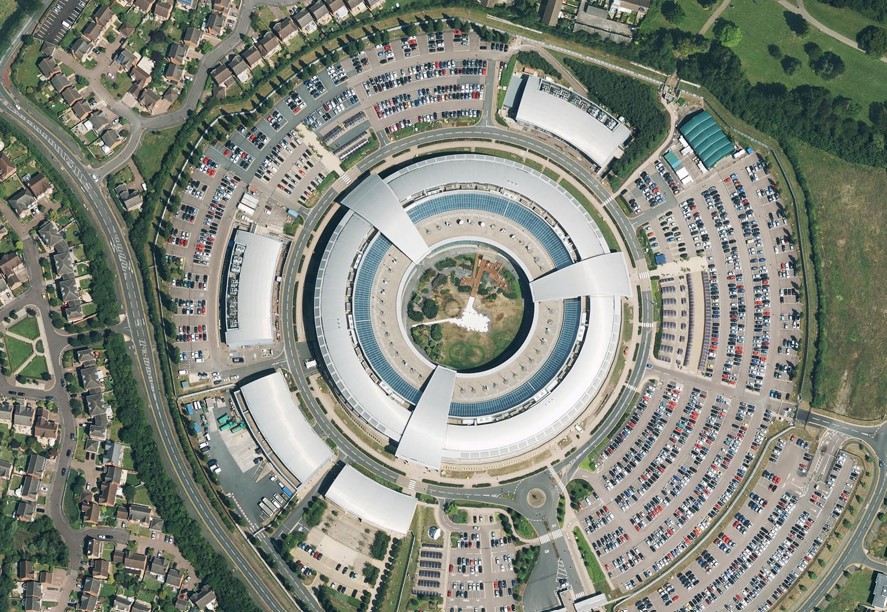Ongoing geopolitical tensions are elevating security risk ratings in an increasingly fragmenting world. This is the key message from security and health risk services company, International SOS, as it publishes its annual Risk Map today.
As global security and health risks continue to evolve, the Risk Map provides organisations with underlying medical and security risk ratings reflecting the impact of disruptive events such as conflict, infectious diseases and impacts of extreme weather events.
Sudan, Lebanon, Israel, Iraq and Myanmar have all undergone multiple risk rating reviews and expansions of high or extreme-risk zones throughout 2024 as a result of conflict.
Other increases in security risk ratings include New Caledonia - increasing from low to medium, based on an assessment of the longer-term impact of social unrest, economic decline and related crime.
Crime trends and increased social unrest have meanwhile resulted in changes to specific countries or regions in South Africa, Mexico and Kenya, while reductions in militancy have resulted in changes in risk ratings in parts of the Philippines, Thailand and Laos.
Sally Llewellyn, global security director at International SOS, commented: “Our increasingly complex world is reflected in the Risk Map. We haven’t decreased security risk ratings for any country this year. Geopolitical tensions have been the most prominent trigger, with changes to risk ratings for locations such as Sudan and Lebanon, where the intensity and expansion of conflict now impact more population centres and have pushed the overall risk rating up. International SOS continues to support organisations operating in these locations with verified information and advice on how such risks will affect their workforce and evacuations where needed.”
Printed Copy:
Would you also like to receive CIR Magazine in print?
Data Use:
We will also send you our free daily email newsletters and other relevant communications, which you can opt out of at any time. Thank you.












YOU MIGHT ALSO LIKE